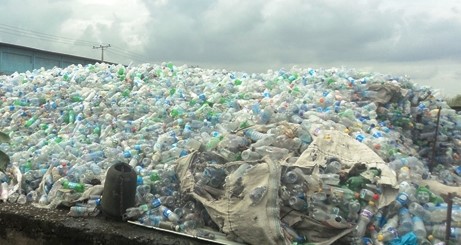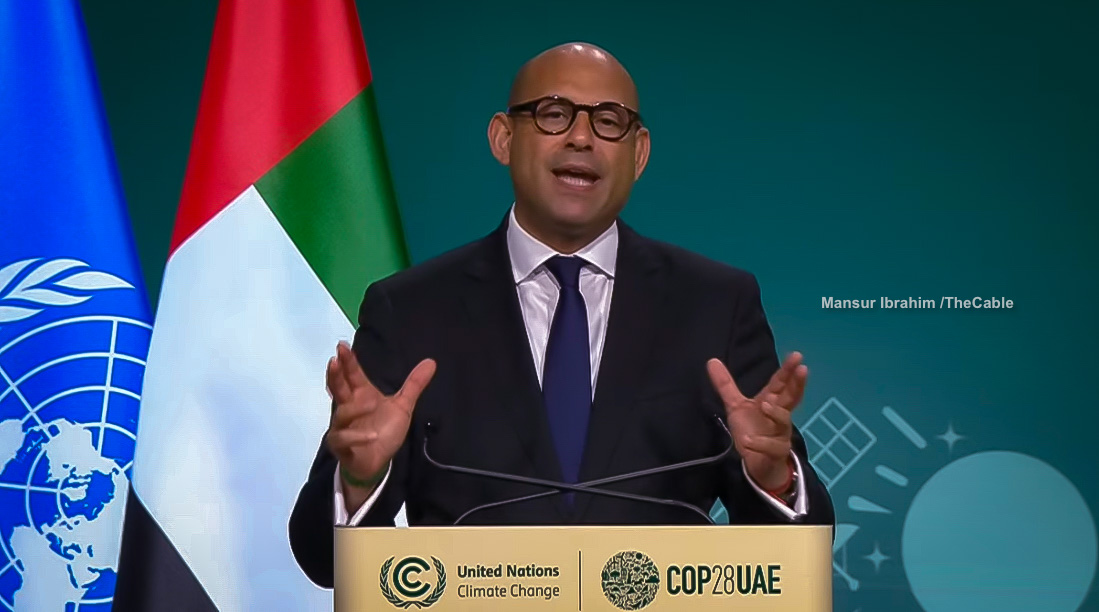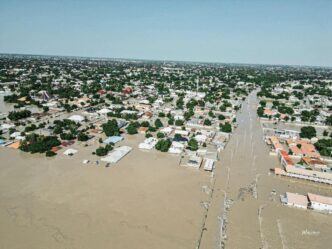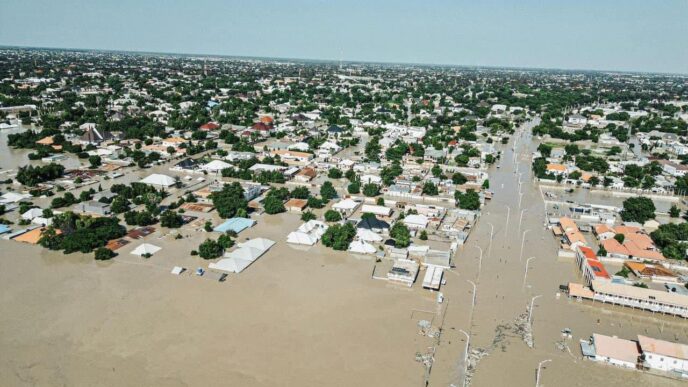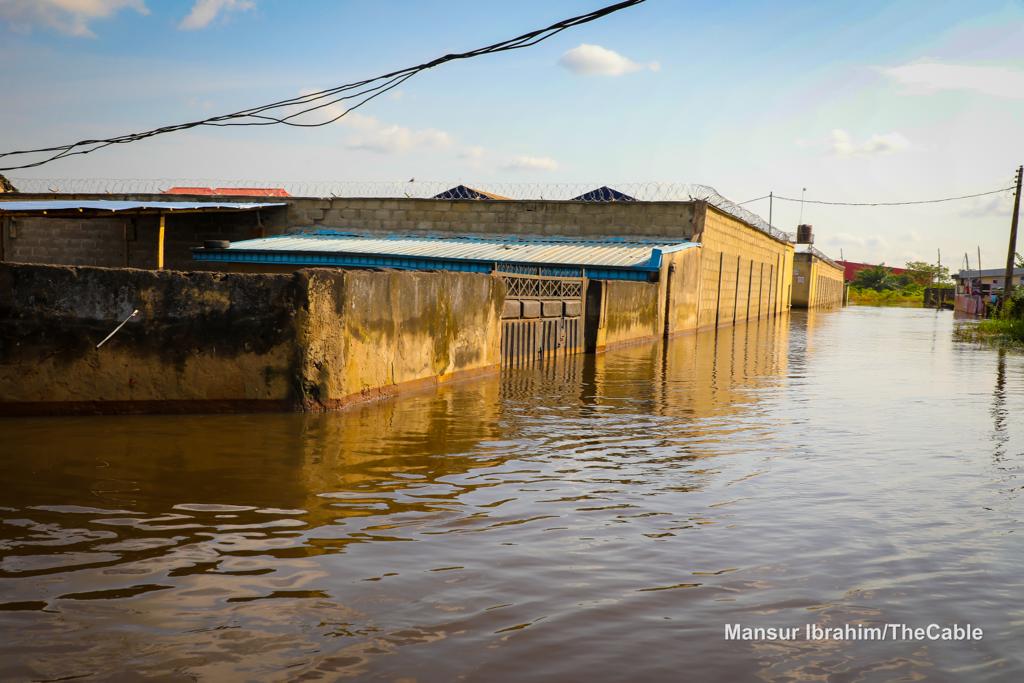File photo of emissions from a plant
The Lagos state government has created a registry to document carbon emissions as part of its efforts to achieve net zero.
Babatunde Ajayi, the general manager of Lagos State Environmental Protection Agency (LASEPA), who announced the development, spoke on Friday at an event organised by the Manufacturers Association of Nigeria (MAN).
The event’s theme was ‘Ensuring just enforcement of carbon footprint emissions: A call to action’.
Ajayi said there is a global effort to reduce carbon emissions, adding that the Lagos state government has taken steps to document its carbon footprint.
Advertisement
“LASEPA has created a registry to document our carbon footprint and have everything put in a valid database,” NAN quoted Ajayi as saying.
“We are very keen to support the net-zero agenda in terms of policies, technical support, and human resources to drive the decarbonisation process.
“Lagos is going to start the registry over the next couple of days, and it is voluntary for businesses until we are sure of the direction of carbon trading.”
Advertisement
Segun Ajayi-Kadir, the director general of MAN, said there is a need to enforce the reduction of the country’s carbon footprint to ensure sustainability.
Ajayi-Kadir said the event was an opportunity for environmental stakeholders to collaborate on solutions to address carbon emissions.
“It is a call to action for all of us to take responsibility for our impact on the environment and work towards a cleaner, greener future,” he said.
“Just as manufacturers are investing heavily in circular economy, water stewardship, and recycling, we urge the government to put in place workable policies that will complement our efforts at ensuring sustainability without killing our businesses.
Advertisement
“Together, we can make a difference and ensure that we are doing our part to protect the planet for future generations without jeopardising our survival today.”
Mathew Ojo, an economist and sustainability expert, said the Paris Agreement made recommendations for the just transition to green energy.
“What is important for manufacturers while transitioning is to look at how to transition under the principles of sustainability and in consideration of the environment because, after some time, the resources may not be there anymore,” Ojo said.
“These days, consumers are concerned if your products are green enough, with eco-labelling, or if your products care for the environment, so you must not lack global environmental concern in manufacturing.”
Advertisement
On his part, Korede Oluwole, the founder of EnvironmentNG, urged the manufacturers association to set up a sustainability working group.
This, he said, would help the association work better with the government at both the subnational and national levels, as well as help businesses to transition.
Advertisement
“It would also help build the capacity of their members and create the awareness that is needed, shoring up compliance,” he said.
“Many MSMEs do not understand the role they may play in carbon emissions, and creating this group may help everybody work together as against in silos, which is counterproductive.”
Advertisement
Add a comment

